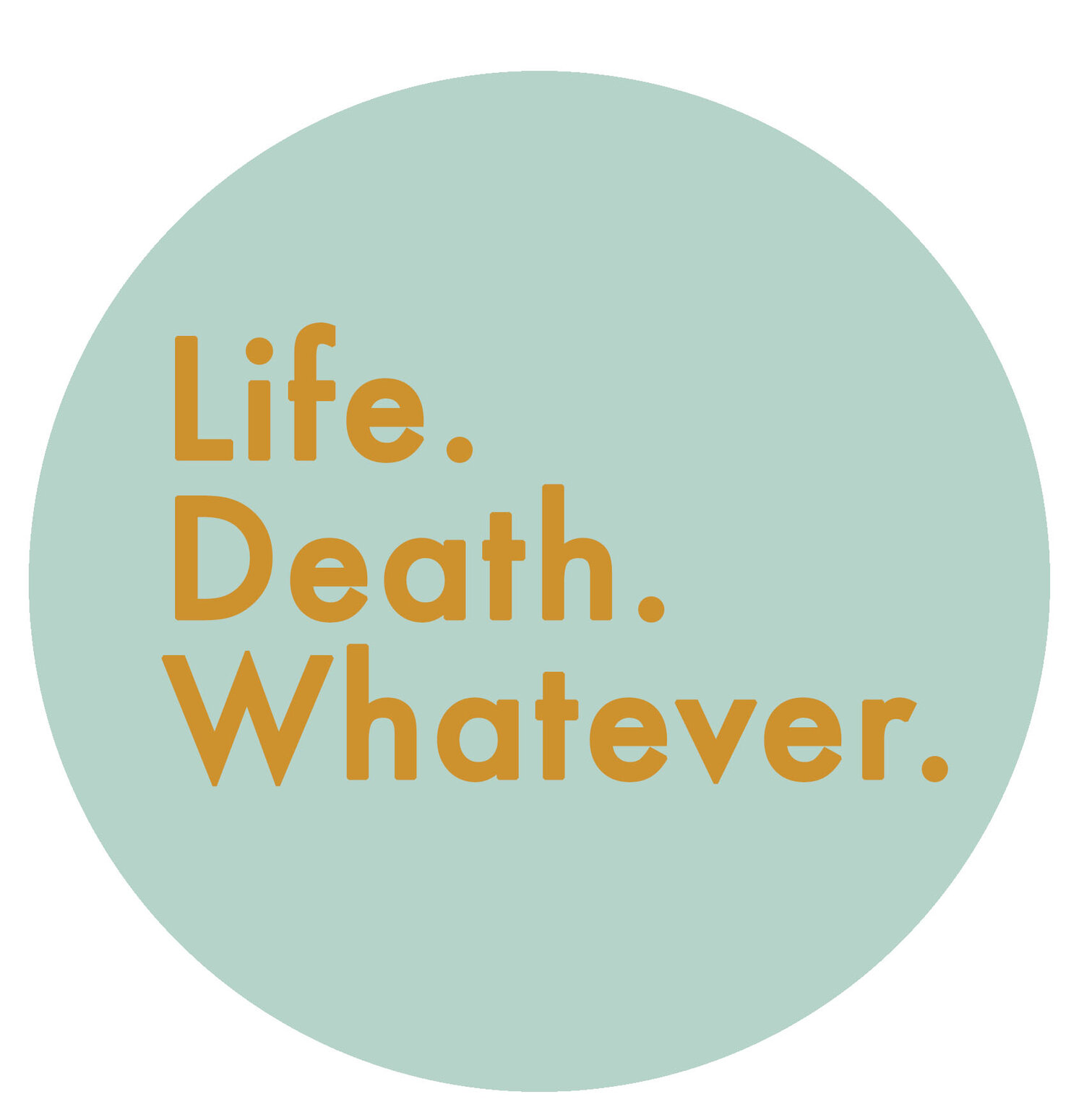By the Maceachen family whose son Harry has had two liver transplants
Clare and Simon Maceachen are parents to three boys, William (who was stillborn in 2010), Harry (aged 8) and Sam (aged 6).
At nine weeks old Harry was diagnosed with the liver disease Biliary Atresia. By the age of nine months his liver started to fail. He was assessed for transplant at Birmingham Children’s Hospital, where he received part of an adult liver the day before his first birthday. Sadly, the graft didn’t last because of rare complications. This led to a second transplant at the age of four. A suitable cadaveric liver wasn’t found from a donor, so Harry’s daddy (Simon) donated part of his. That was in March 2016. Both Harry and Simon are now fit and healthy, with no complications.
1. One = many
One donor can save the lives of up to nine people. Think of the legacy that can grow from one person being an organ donor. It’s not just one life that is saved, it’s many.
2. If you choose to become an organ donor, please let your loved ones know your wishes. Every year hundreds of organs are unable to be used in transplants as the next of kin say no. They have the final say and can overrule your wishes, even in Wales where presumed consent was introduced in Dec 2015. Writing it in your will won’t do as it will be too late by the time that is read. Have the conversation.
3. Transplants aren’t life limiting. Survival rates at 5, 10 years and beyond are increasing year on year as medical science advances. A graft can last a lifetime. Transplants are now seen as standard treatment for a range of diseases and early transplantation leads to higher success rates as the patient has faster recovery.
4. Living donors can donate a kidney, part of their liver, bone marrow and stem cells. Simon donated a third of his liver to Harry and it had grown back within a week. His advice to anyone being assessed or considering being a living donor is to be as fit as possible. His recovery was very fast - he even ran a half marathon 15 weeks post donation.
5. Post transplant isn’t necessarily full of hospital appointments and endless medicines. Harry has blood tests every three months and takes his tablets twice a day. He is in Year 4 at school and leads a totally normal life. It is important for him to know that he is not alone as a transplant recipient - so he (and Simon as a living donor) are part of the Birmingham Children’s Hospital British Transplant Games team. Each year we visit a different city for a long weekend of sport, socialising, sharing stories and (hopefully) some medals.
About the Maceachen family
The Maceachen family live in Shropshire. Simon works for Shropshire Council and Clare is both a local teacher of mathematics and a civil funeral celebrant. As a family, they are hugely supportive of Birmingham Children's Hospital (where Clare is a governor). They’re also involved with Ronald McDonald House (a charity that provides purpose built accommodation near hospitals for families) and also CLDF - The Children's Liver Disease Foundation. You can follow Clare on Instagram and Twitter.




